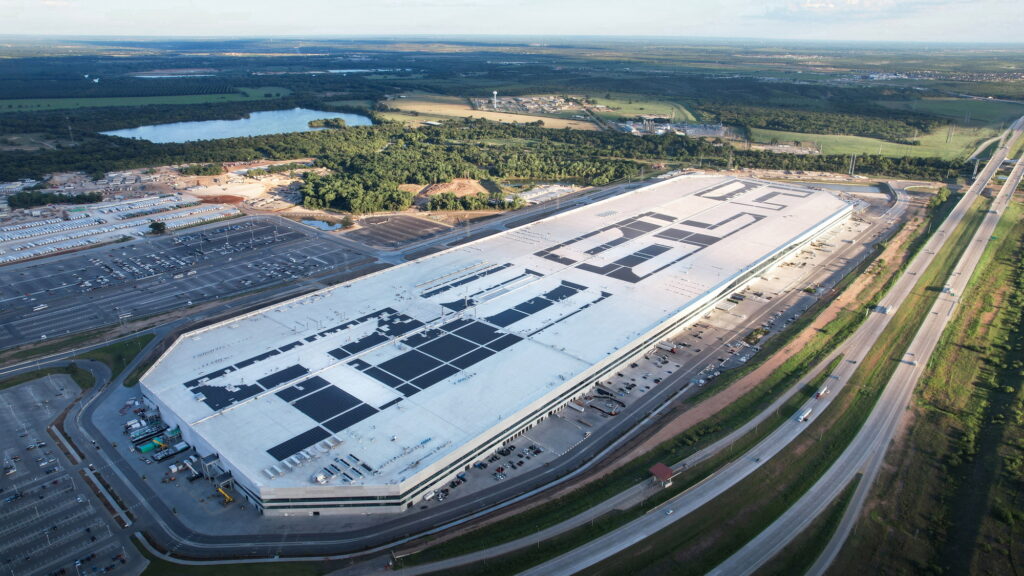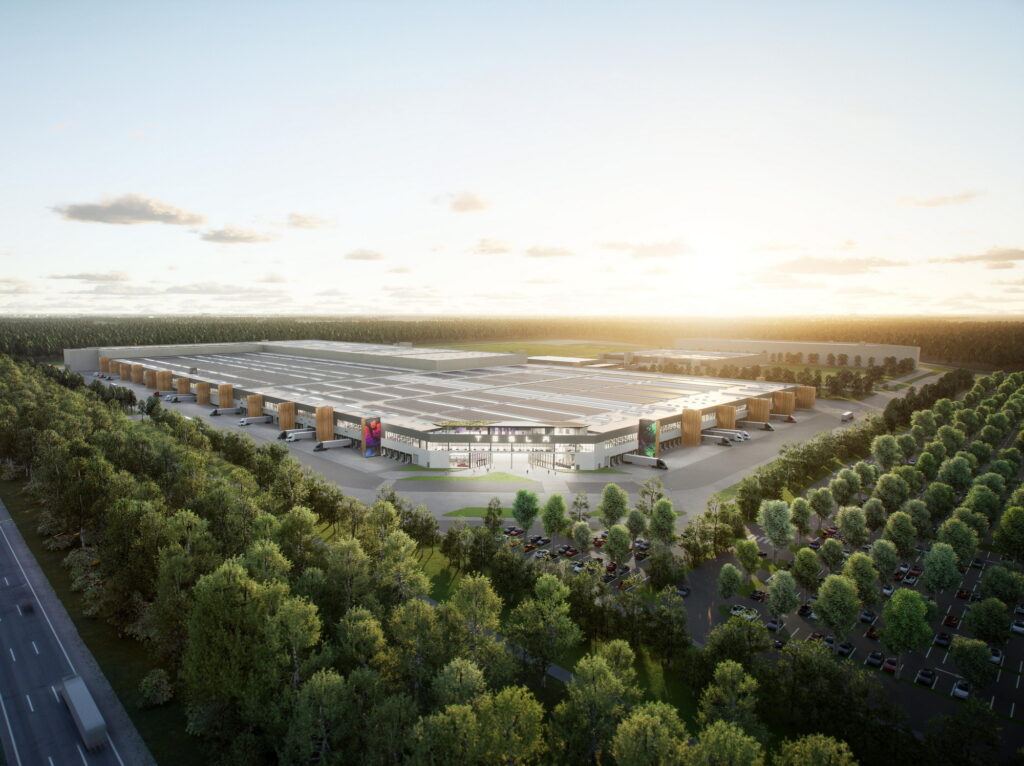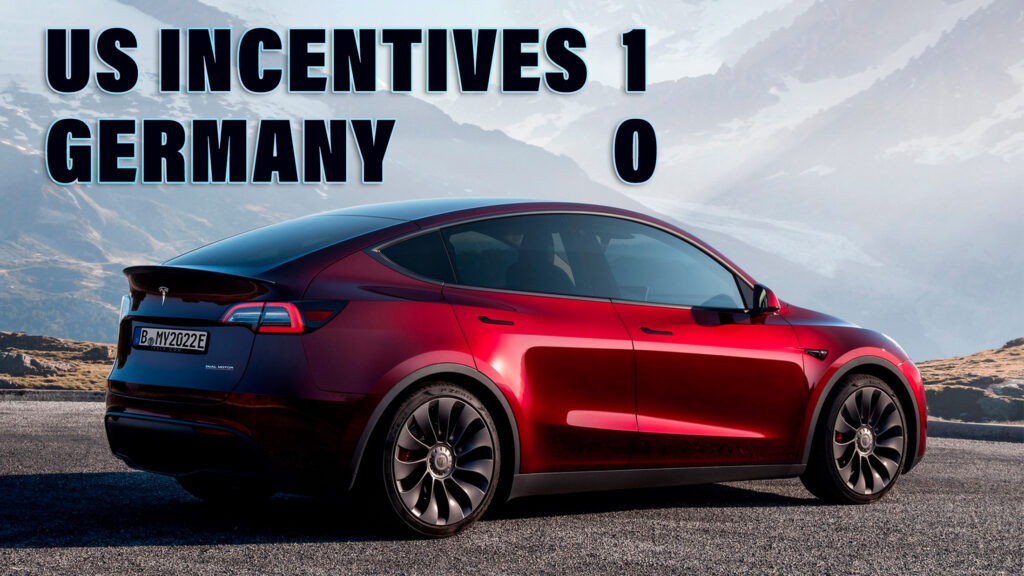Tax incentives introduced under the Inflation Reduction Act have driven Tesla to focus on American battery production instead of further ramping up battery production at its German factory.
The automaker’s plant in Brandenburg, Germany, which is just outside of Berlin, has begun assembling battery systems. New rules being introduced on parts sourcing, though, mean that carmakers will soon have to get more of their battery components from the U.S. (and its allies) in order to qualify for incentives worth up to $7,500, which has pushed Tesla to change its focus.
“The focus of Tesla’s cell production is currently in the United States due to the framework created by the United States Inflation Reduction Act (IRA),” a Tesla spokesperson told Reuters.
Read: Tesla Opening Chargers To All Electric Vehicles After Deal With US Government

Tesla has struggled to ramp up battery cell production at its Fremont, California, and Austin, Texas, factories. Experts suggest that the company’s attempts to mass produce new, unproven technology at the sites could be leading to the delays.
The automaker has responded, though, and promoted its former vice president for Greater China, Tom Zhu, to head of global assembly. Zhu is widely seen as the man behind Tesla’s successful ramp up in China, and before being officially assigned to the role, reportedly flew to Austin to help troubleshoot production issues at the plant.
Tesla’s decision to focus on American battery production over German production is likely alarming to European politicians, who have expressed concern that the local content requirements included in the IRA may push companies to quit the continent for the U.S.
The European commission has proposed loosening restrictions on how much money states can invest into renewable energy, but that measure has faced pushback, ironically, from Germany.
Responding to Tesla’s decision, a spokesman from the German government said that the economy ministry is looking into it. “We are working on clearing up the reasons behind this,” the spokesperson said according to another Reuters report, at during an unrelated news conference in Berlin.
Despite the concerns, Tesla still says it intends to produce batteries at its Brandenburg factory, and it states that vehicles produced there will contain locally assembled batteries in the “near future.” In addition, the site will produce components like electrodes, which will be sent to the U.S.





